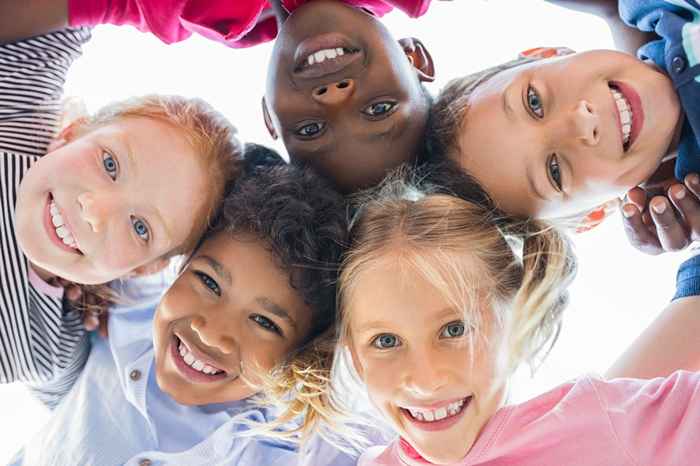New paper: Autistic traits and self-conscious emotions in early childhood
4 May 2023

Milica Nikolic and her colleagues from the University of Amsterdam and VU University published a study titled “Autistic traits and self-conscious emotions in early childhood” in the journal Child Development. In this study, they investigated whether autistic traits are associated with socio-cognitive skills and self-conscious emotions of guilt, shame, and embarrassment after a mishap in children aged 2-5 years. The authors invited normally developing children in the lab and asked their parents to fill in a questionnaire measuring autistic traits. Then, they tested children’s socio cognitive skills such as emotion recognition and understanding of other’s emotions, beliefs and false beliefs. Afterward, they led the children to believe that they “broke” the experimenter’s favourite toy and they observed children’s behaviours reflecting self-conscious emotions. The researchers found that children with higher levels of autistic traits show more behaviours reflecting shame (i.e., avoidance, latency to speak) after breaking the toy but they did not show alterations in behaviours related to guilt and embarrassment. Socio-cognitive skills were not found to be a mechanism that can explain alterations in shame in children with higher autistic traits. The authors concluded that very young children with high levels of autistic traits may show some alterations in self-conscious emotions and that this could hinder their social engagement and the feeling of connection to others.